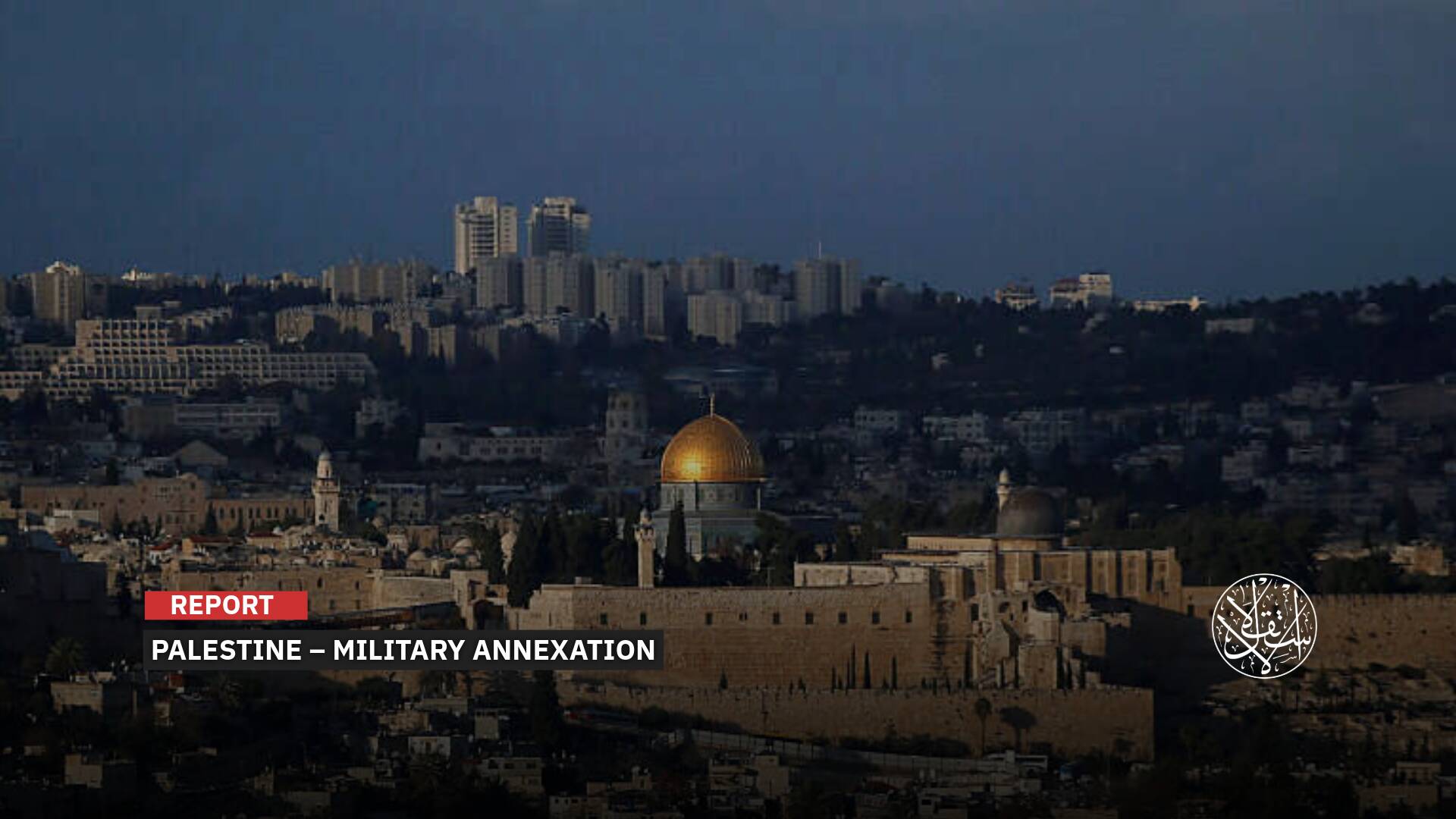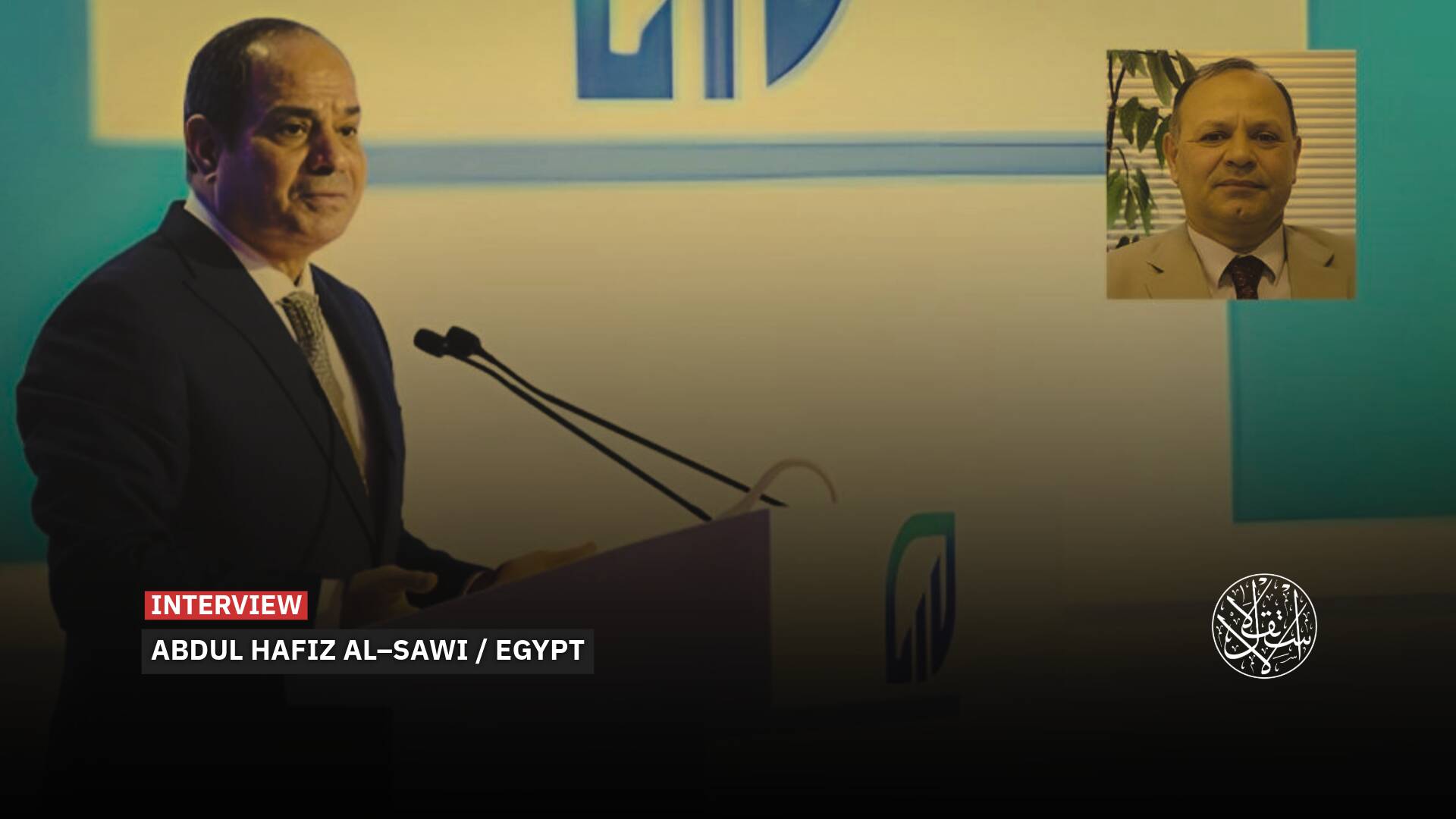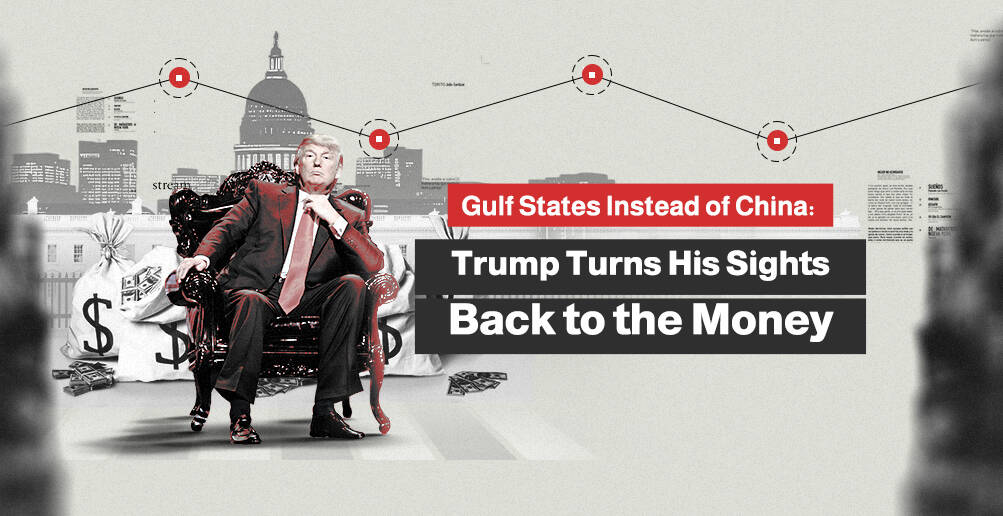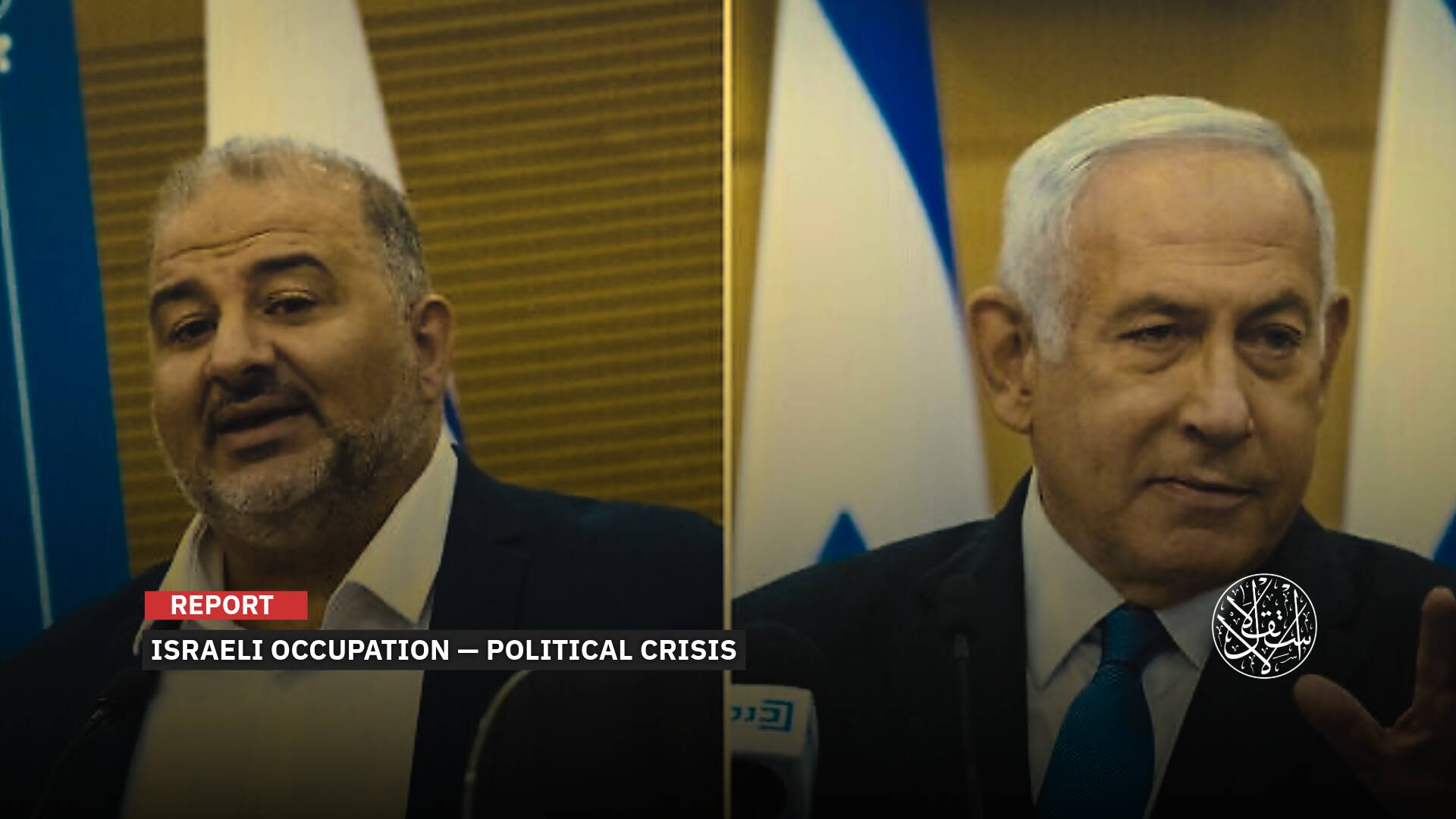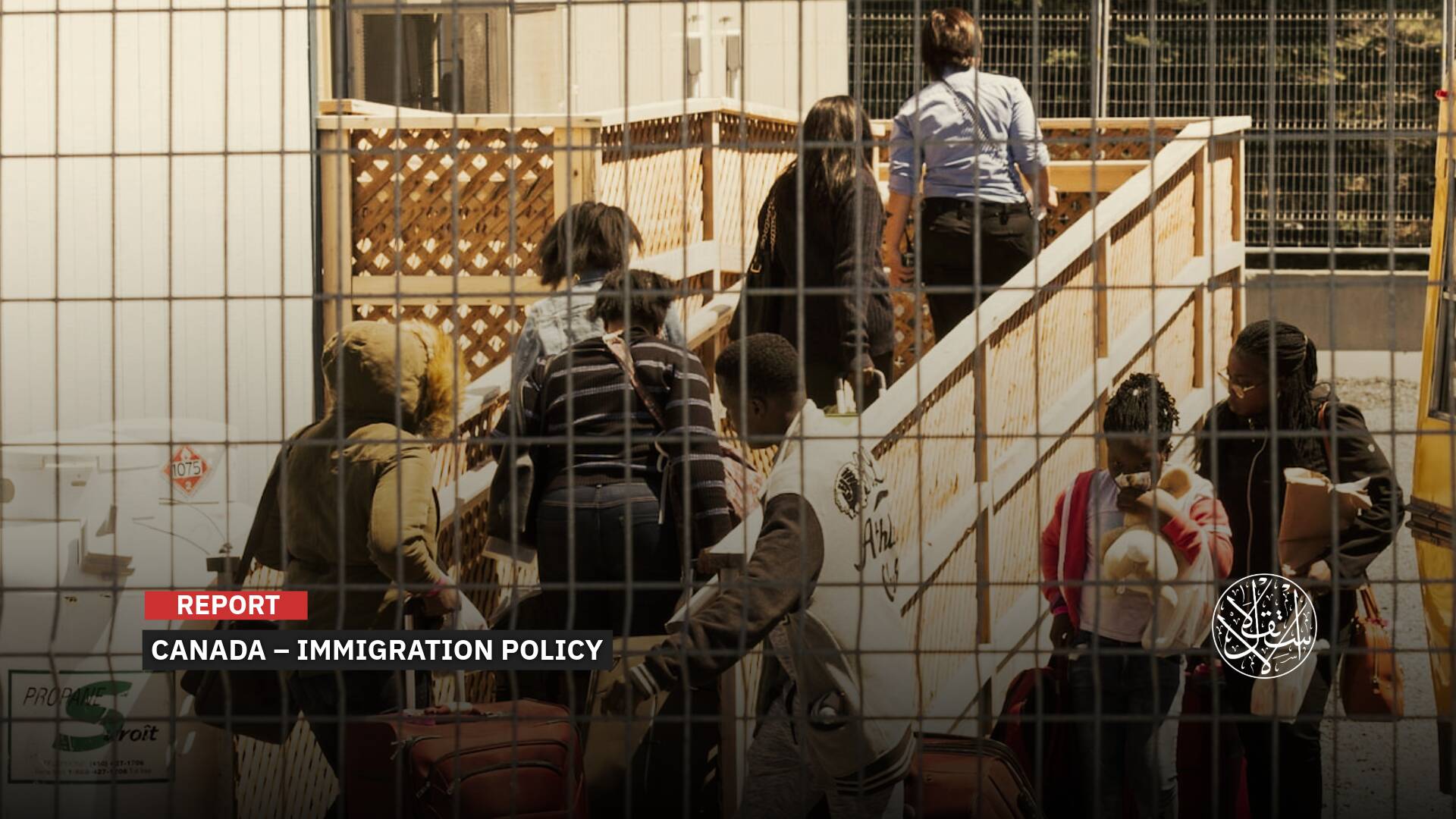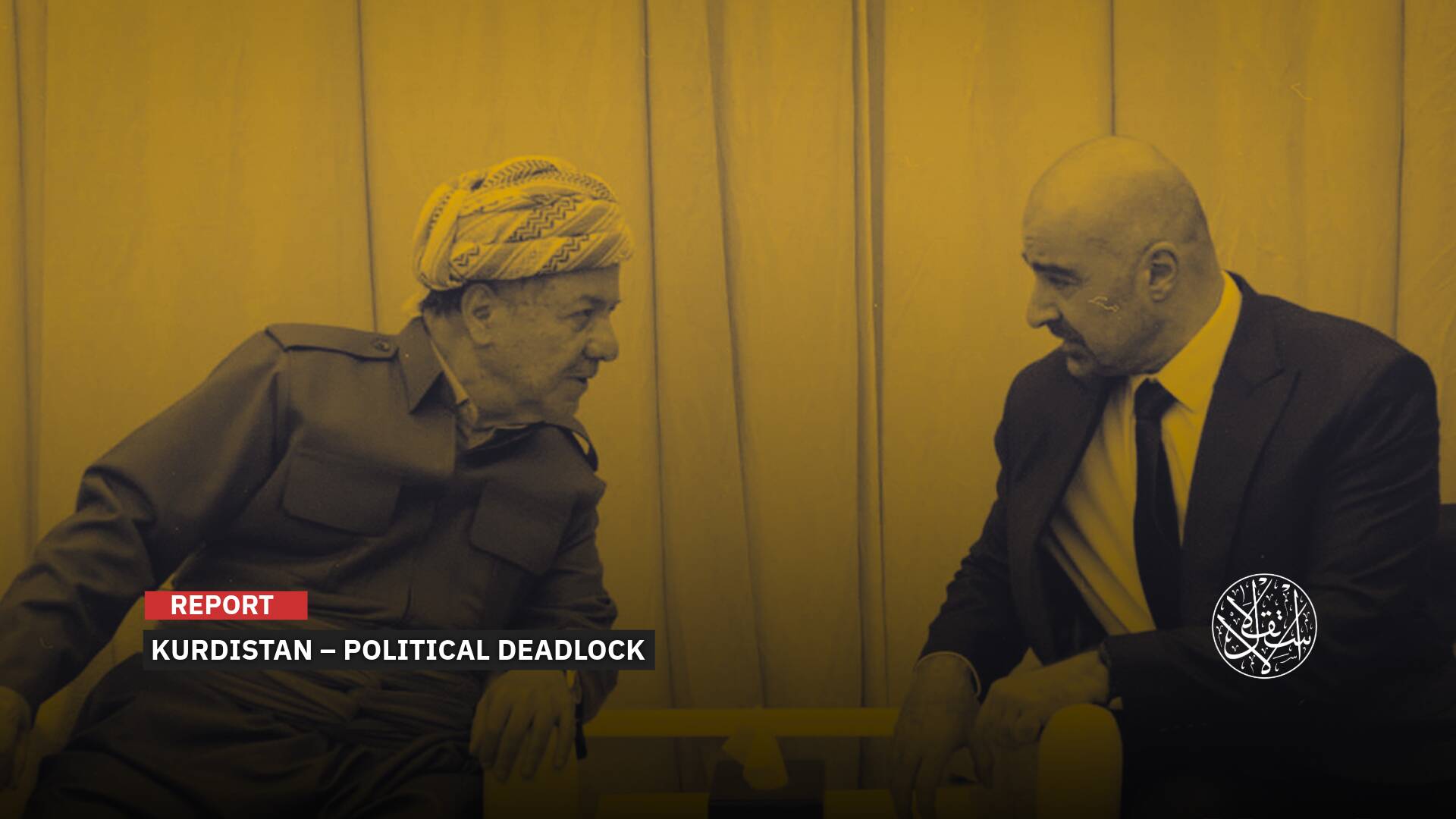Saudi Arabia Rejoices While Gaza Weeps

Saudi Arabia launched Riyadh Season on October 13, 2024, and it will continue until March 2025.
For the second consecutive year, Saudi Arabia has chosen to turn a blind eye to the atrocities unfolding in Gaza, seemingly indifferent to the plight of its residents.
This calculated silence reflects not only a troubling absence of political will but also a profound moral disengagement.
Despite the escalating crisis since October 2023, Saudi Arabia has maintained its distance, opting to proceed with celebrations while the Palestinian population faces daily extermination.

Riyadh Season
Saudi Arabia has officially launched the fifth edition of Riyadh Season on October 13, 2024, a winter entertainment event that is set to continue until March 2025.
Authorities claim it will transform the city into a global hub of excitement and entertainment, featuring 11 concerts by prominent Arab artists.
Riyadh Season is a significant entertainment festival held periodically in the Saudi capital, part of the Kingdom’s Vision 2030, a strategy spearheaded by Crown Prince Mohammed bin Salman to diversify the nation’s economy.
This year marks the second occasion that Saudi Arabia celebrates this festival while the assault on Gaza continues, now having spread to Lebanon, all while seemingly disregarding the sentiments of both peoples.
Just days after the onset of the assault on Gaza in 2023, the season commenced, igniting a heated debate across social media platforms between critics and supporters of the festivities.
Since then, Saudi journalists have stepped forward to defend their country's position, asserting that the state will not halt its economic and entertainment plans due to the Israeli war on Gaza.
The Season kicked off despite calls for postponement circulating on social media in solidarity with the people of Gaza and in consideration of their feelings, yet these pleas fell on deaf ears.
Two days before the start of the 2024 events, Turki Alalshikh, the chairman of the Board of Directors of the General Entertainment Authority and an advisor in the Saudi Royal Court at the rank of minister, posted on X, “Tomorrow, two seasons will begin, and they will all be enjoyable for me. The first season is the Riyadh season, which will be different, and I hope you like it, my dear. And the second season is the Why Riyadh season and the annual mourning we are accustomed to.”
Alalshikh ’s post reflects the ongoing controversy that each Season incites, as Saudi Arabia shifts from a nation that represents the image of Islam to one that increasingly dominates headlines for its openness—an openness activists argue includes moral degradation, nudity, alcohol, and more.
His tweet also hints at his anticipation of criticism similar to that faced in 2023 when he issued statements that drew widespread backlash from activists accusing him of lacking conscience and overlooking the suffering and emotions of the people in Gaza.
Defiance and Arrogance
In October 2023, as Saudi Arabia launched its entertainment events in the very month the Israeli assault on Gaza began, Alalshaikh launched a scathing attack on those he described as "exploiting his name and the name of the Riyadh season as a pretext to divert attention from another event or situation."
This outburst followed the controversy surrounding the Egyptian actor Mohamed Salam, who withdrew from participating in a comedic theatrical production during the season in solidarity with Gaza.
On FB, Alalshaikh condemned calls to suspend "Riyadh Season" in solidarity with the martyrs of Palestine by saying, "During the 1967 war, when Arab countries were occupied, nothing stopped. During the Lebanon War, nothing halted; and when my country fought for seven years in Yemen, nothing stopped either. The blood of the Saudis is dearer to me than anything else."
Alshaikh expressed frustration with the ongoing use of the kingdom’s name and his by saying “I don’t know when this farce of using the name of the Kingdom or my name or Riyadh Season as a pretext to draw attention away from other events will end, ” believing that cultural events like Riyadh Season should continue, the world of sports and tourism should remain vibrant, underscoring the resilience of the Arab citizenry.
"This situation has become entirely transparent," he stated, pointing to the familiar tools, newspapers, and methods employed by those seeking to undermine progress.
Yet, he affirmed, Saudis—himself included—remain steadfast in their commitment to the development of their country, welcoming every visitor and admirer with open arms.
Surprisingly, Alalshikh also promoted a fast-food chain amid global boycott campaigns targeting McDonald's, accused of supporting the Israeli military with its meals.
In November 2023, he shared a video on X, claiming that “McDonald's” was an official partner of Riyadh Season, offering a promotion of “buy one meal, get the second free.”

Backlash and Criticism
Following a widespread backlash, Turki Alalshikh later deleted the video, opting instead for a tweet that conveyed the same message. Activists interpreted this move as an attempt by Saudi authorities to rescue the company amid a significant boycott campaign.
After the launch of the new season, critics on X condemned the disregard for the suffering of the people in Gaza and Lebanon, who are enduring continuous Israeli aggression.
Saudi dissident Fuad Kawther posted on X alongside a video of a face-slapping competition at Riyadh Season, “Ibn Salman's gang has begun to target every religious text to attack it and work against it to continue violating society's constants and values!”
Kawther continued on X, “Turki insults the prophetic guidance with these competitions, and boycotting and defaming them is a national and religious duty.”
Meanwhile, Shahrzad Buraydah remarked, “In Gaza and Riyadh... red nights! One is stained with blood being shed, and the other is red with debauchery and revelry.”
The Tunisian Journalist Mohamed Hechmi Hamdi commented, “With bare arms, the Saudi government opens the new Riyadh Season, and for the second consecutive year, this season of joy and entertainment coincides with the genocide in Gaza, now compounded by the daily brutal bombardment of Lebanon.”
Hamdi expressed on X that “the new Saudi Arabia feels nothing and is unaffected.”
Notably, in an article published in The New York Times on December 12, 2023, the prominent American writer Thomas Friedman stated, “While the leaders here are not the least bit sympathetic to Hamas, and would not mourn the group's disappearance for a second, they are dubious that Israel can wipe Hamas out forever and worried that, in trying to do so, the damage to Gaza will set off unintended bad consequences.”
Here, Saudi Arabia seems to overlook not only the fate of the Palestinian resistance but also the lives of thousands of civilians, over 40,000 of whom have been killed by “Israel” during its campaign of extermination.
Following a visit to the Kingdom, Friedman noted that the leaders of Saudi Arabia and other Gulf states who have normalized relations with “Israel are fed up with being told they have to postpone their priorities and focus their energy, attention, and resources on the Palestinian cause.”

Shifting to Normalization
Despite the ongoing atrocities in Gaza, the American news site Axios reported a month into the assault that “Saudi Arabia is still interested in pursuing [a] mega-deal” that is a normalization agreement with “Israel”. Subsequent reports have confirmed that Riyadh has continued along this trajectory in the months that followed.
In November 2023, Axios highlighted a congressional delegation from the U.S. Congress led by the Republican Senator Lindsey Graham visited the Kingdom after the outbreak of war and met with Crown Prince Mohammed bin Salman.
A source told Axios that “the message the senators heard from Saudi officials was that they are still interested in trying to get a normalization agreement with Israel.”
In September 2023, bin Salman stated in an interview with Fox News that Saudi normalization with “Israel” “is getting closer every day.”
Israeli Prime Minister Benjamin Netanyahu echoed this sentiment from the United Nations podium, declaring that “Israel” is on the “threshold” of establishing relations with the Gulf kingdom.
This shift stands in stark contrast to the legacy of bin Salman’s ancestors, who placed significant emphasis on the Palestinian cause and Arab crises at a time when the Crown Prince appears to be moving toward normalization with “Israel”.
During the reign of King Faisal bin Abdulaziz, Saudi Arabia led the charge in banning oil exports to the United States and other nations supporting Israel in response to the Israeli occupation of Arab territories.
The oil embargo occurred during the October 1973 War, fought between Egyptian and Syrian forces on one side and the Israeli occupation army on the other, to reclaim Arab lands occupied since 1967.
The embargo lasted from October 17, 1973, until March 18, 1974, inflicting significant losses on the U.S. economy, a traditional and primary supporter of the occupying state.
The Arab nations that adopted this approach included Saudi Arabia, Iraq, Qatar, Algeria, Kuwait, and the United Arab Emirates, with Riyadh being the primary actor.
At that time, Saudi Arabia wielded oil as a political weapon to deter “Israel” and alter the balance of power. However, today the Kingdom even rejects the notion of using such leverage.
In November 2023, Saudi Minister of Investment Khalid al-Falih scoffed at a question about the potential use of oil as a weapon to curb aggression in Gaza and facilitate a ceasefire, by saying “That is not on the table today. Saudi Arabia is trying to find peace through peaceful discussions.”



